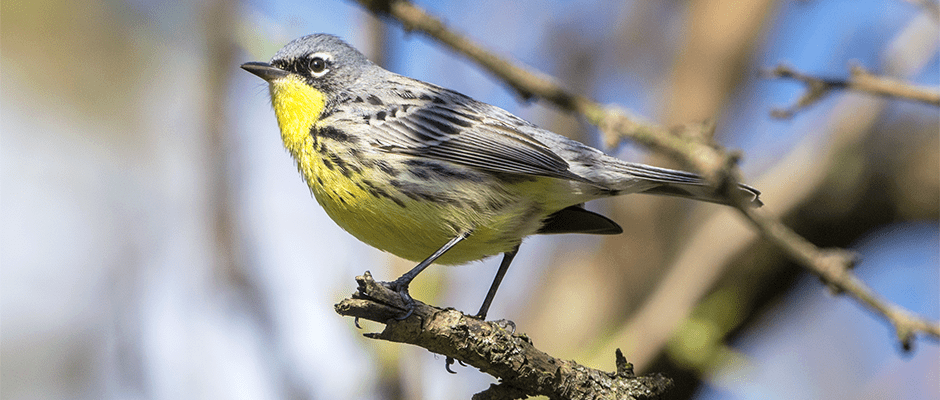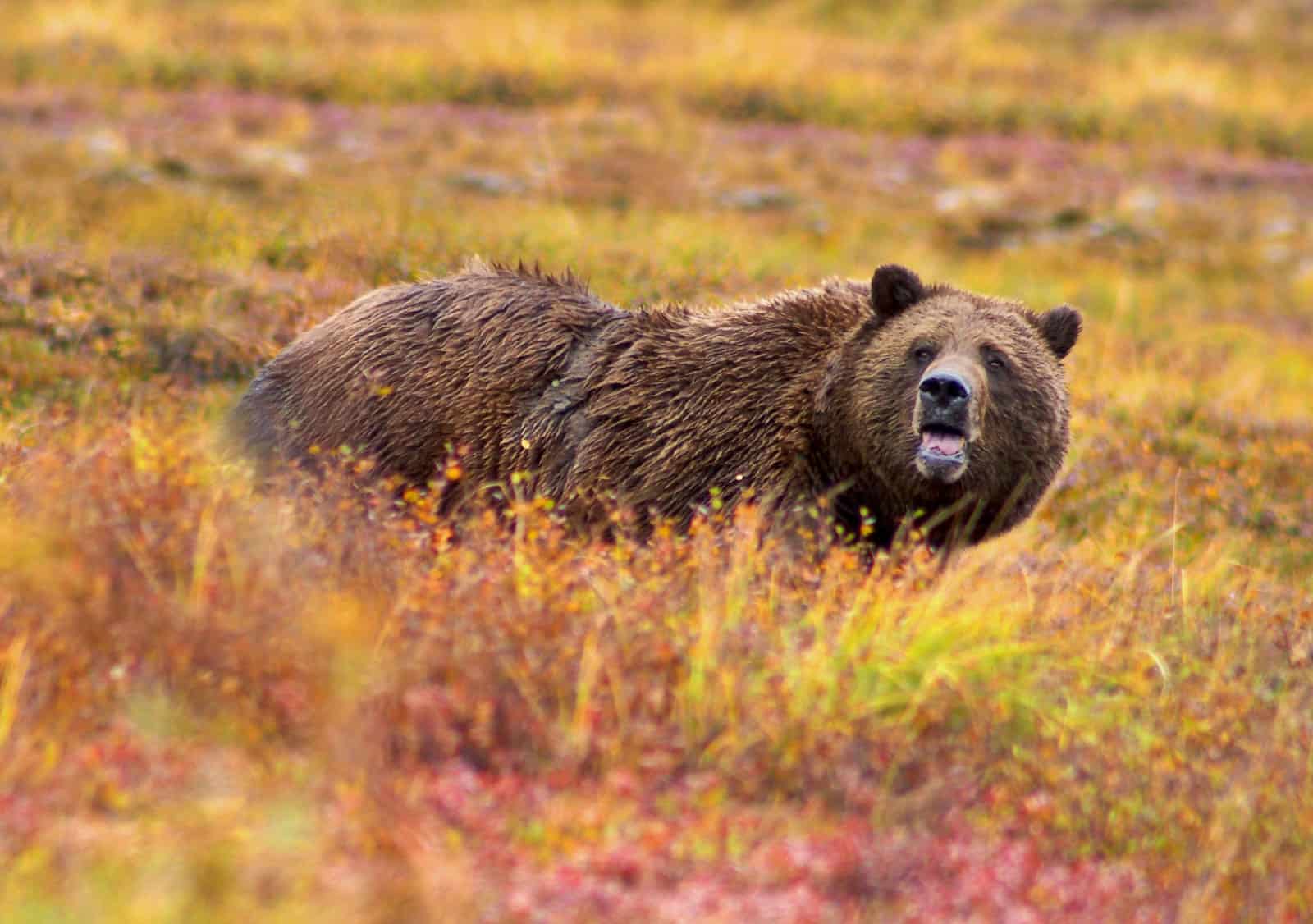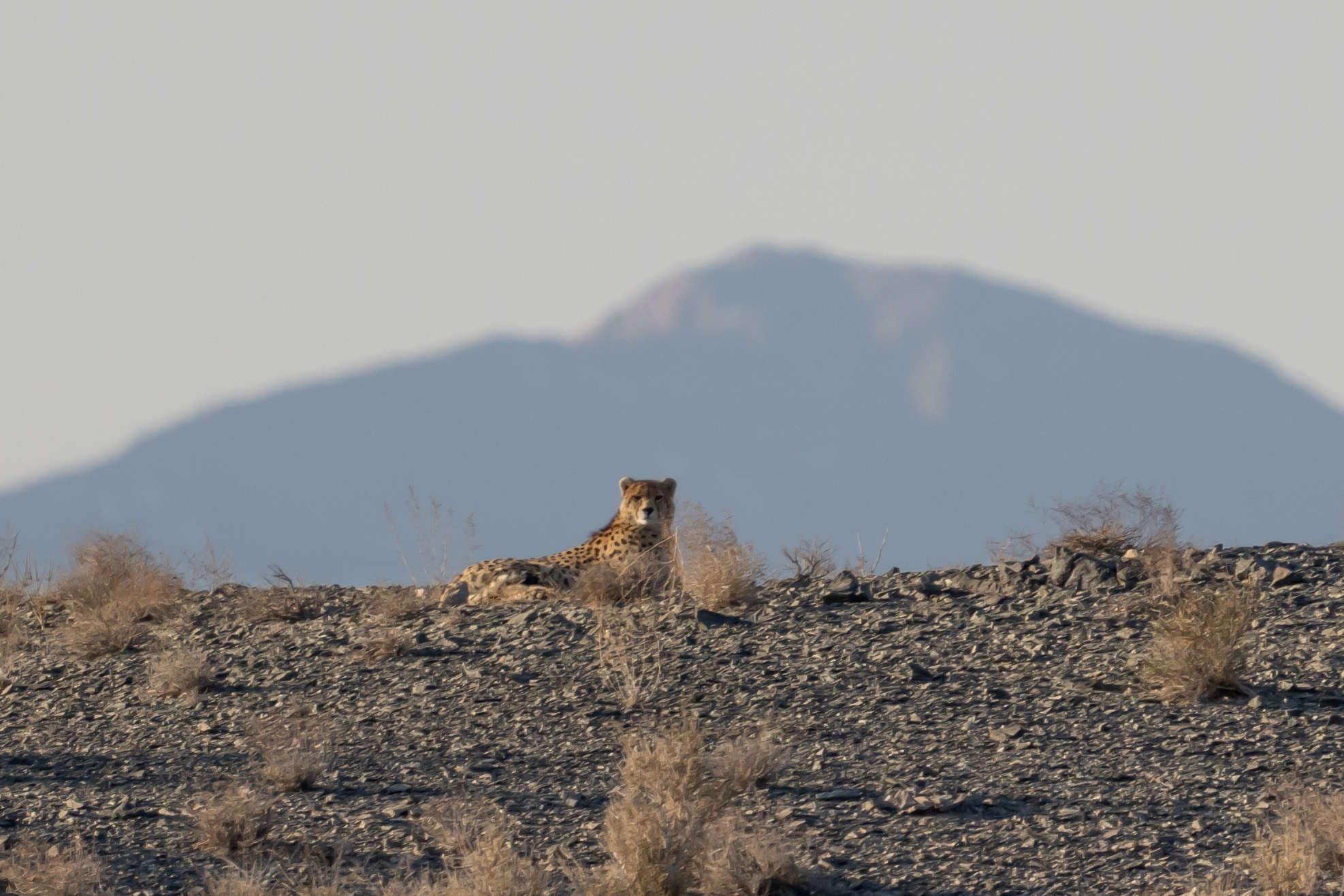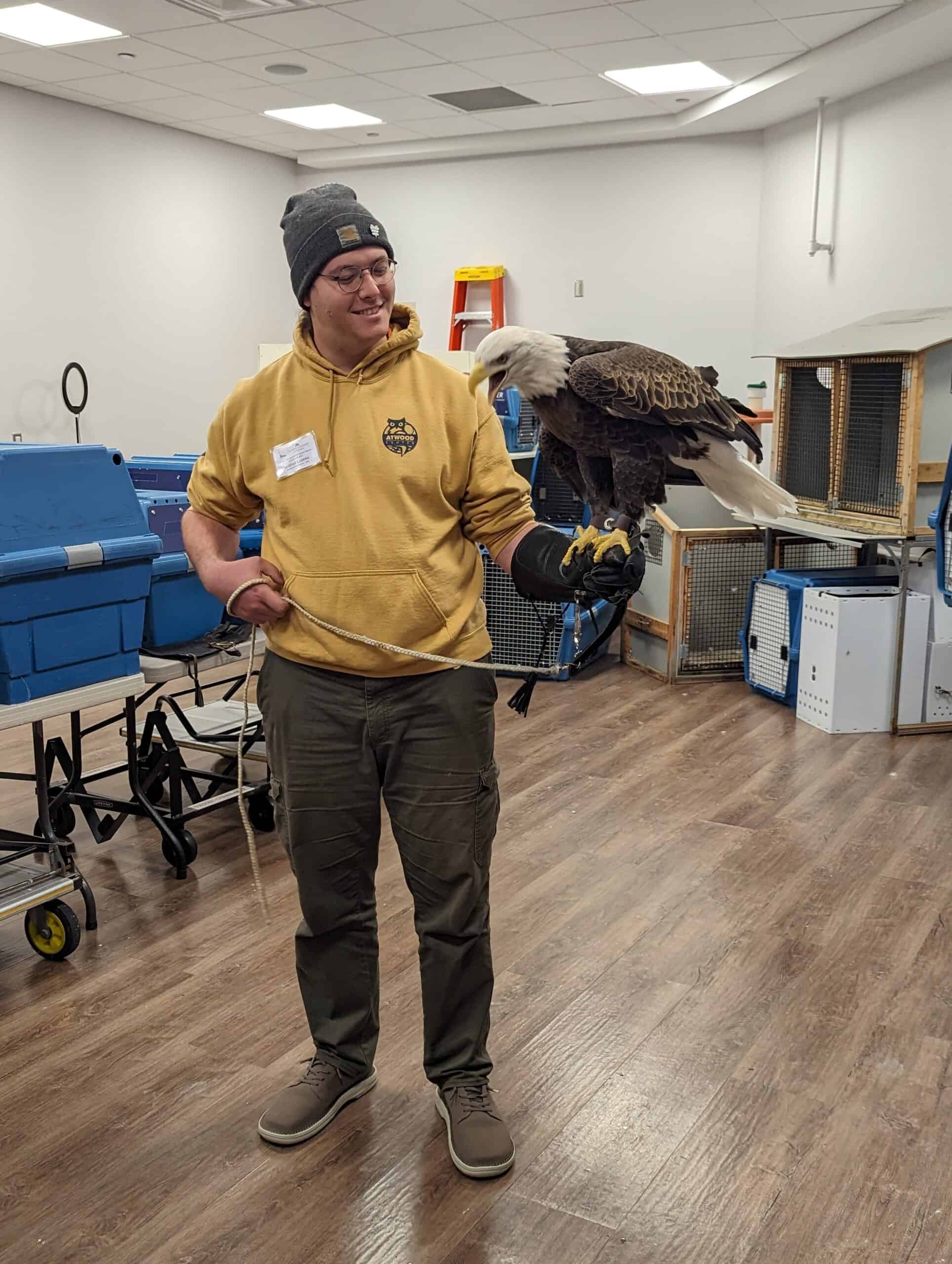Share this article
Opening conference plenary recognizes conservation successes
Registration for The Wildlife Society’s 25th Annual Conference in Cleveland, Ohio, is now open! Visit twsconference.org for details, or register now by logging in to Your Membership and clicking on the Conference tab.
The opening plenary at this year’s TWS Annual Conference will highlight snow leopards, Kirtland’s warblers and river otters to chronicle North America’s conservation successes in recent decades.
TWS President John McDonald’s plenary theme urges wildlife professionals to appreciate and learn from the success conservation work has achieved over the years. It’s vital, he argues, that recognizing and sustaining this success continues to inspire wildlife professionals and the general public.
Abstract
The challenges facing the conservation of wildlife and their habitats can be daunting and provide the impetus for much of the research we undertake and the management actions we prescribe and implement. They also dominate our policy discussions, and of course, conference themes. Research into the life histories and population dynamics of wildlife species, their habitat associations, and human-wildlife interactions have formed the basis for many successful management programs restoring species through concerted efforts to apply science to conservation, both in North America and beyond. The policy discussions have led to the implementation of laws, regulations, and management plans designed to overcome and reverse a wide range of threats to wildlife and their habitats. These conservation successes are important to recognize and appreciate, as they provide examples to inspire other successes and document the work done by wildlife scientists, managers, and citizens to achieve unthinkable results. Too often, we focus our attention solely on the challenges, as there is always a new crisis to confront, another species in decline. However, it is just as vital that we take time to appreciate and learn from those successes that have happened, not by accident, but by design. We must take time to sustain the progress made on so many fronts, as these stories provide inspiration for addressing the next challenge, and examples for society at large that conservation is not just constant crisis management, but that success is not only possible but is happening. The conservation success stories in this session each document approaches to wildlife conservation that involved the application of science, the building of partnerships to implement actions on the ground, and policy struggles to have those successes recognized by the public and decision-makers.
Speakers
Kirtland’s Warblers Sing the Sweet Song of Success! How Collaborative Conservation Can Recover a Conservation-reliant Species – Dr. Carol I. Bocetti, Professor, Department of Biological and Environmental Sciences, California University of Pennsylvania
Conservation efforts contributed to an improved IUCN Red List status for snow leopards – so why are we not all happy? – Tom McCarthy, Executive Director, Snow Leopard Program, PANTHERA, New York, NY
The Return of River Otters in North America – Ron Andrews, Iowa Department of Natural Resources (retired)
The opening plenary will be held in the Huntington Convention Center of Cleveland on Monday, Oct. 8, at 10:20 a.m. For more information on the session, including speaker bios, click here.
Header Image: The Kirtland’s warbler is one of three species that will help chronicle a history of conservation successes in North America. ©Andrew C.








